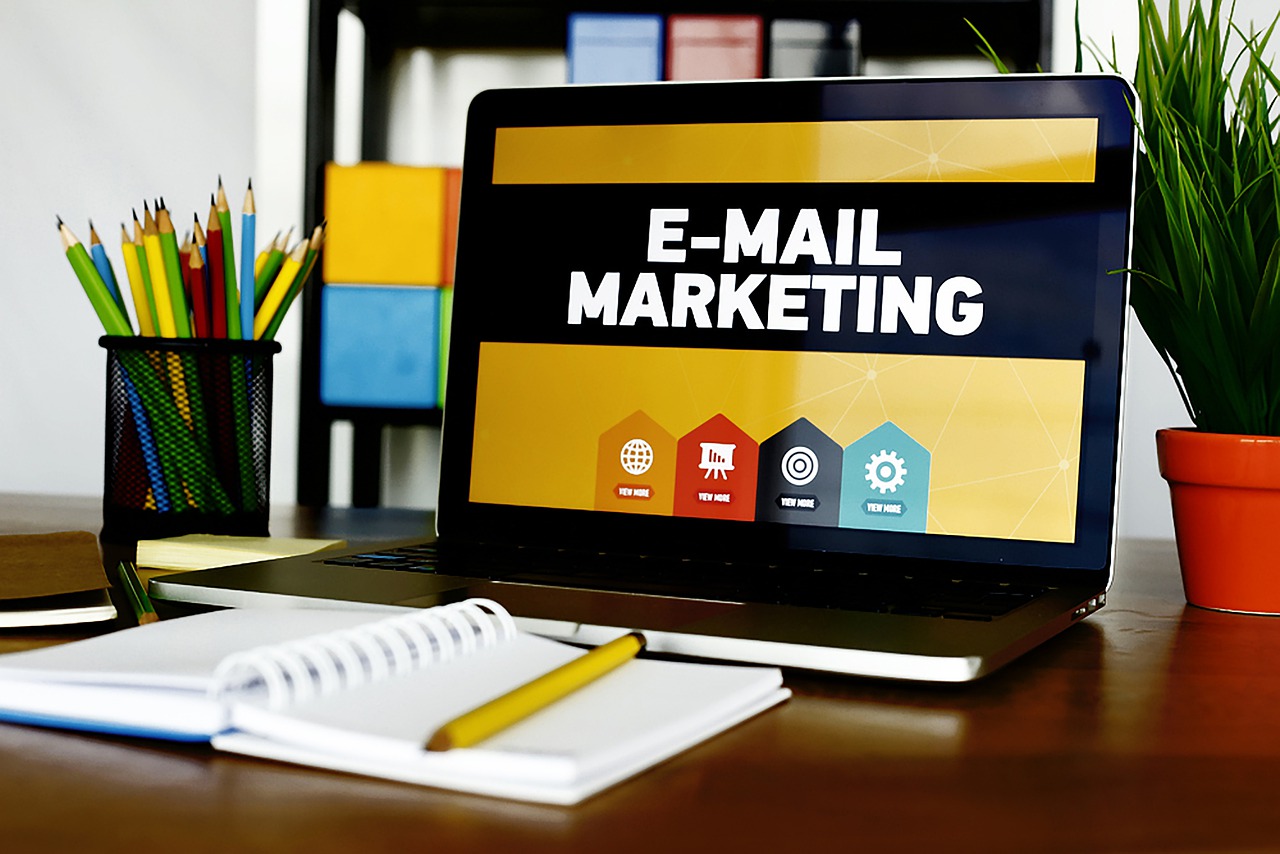3 Mistakes to Avoid for Better Results from Customer Surveys
Have you ever run a customer survey only to be disappointed by the results? And it wasn’t because the feedback told you something about your brand you didn’t want to hear… but rather, because it didn’t tell you anything...


Have you ever run a customer survey only to be disappointed by the results?
And it wasn’t because the feedback told you something about your brand you didn’t want to hear… but rather, because it didn’t tell you anything at all?
Your hope for the survey was to gain insight on customer behavior. Insight you could use to improve your marketing.
Instead, you feel like the survey was a waste of time.
But here’s the deal—if you’re not listening to your customers, then you’re missing a big opportunity to grow.
Surveys are easy, inexpensive and allow you to capture a goldmine of customer data… if you know how to do them right. Otherwise, they will be a waste of time for you and your customers.
But that’s not an outcome you need to worry about. Because going forward, your surveys will no longer suffer from these 3 mistakes…
Survey Mistake #1: You Haven’t Established a Specific Goal for Your Survey
Don’t just do a survey for the sake of doing a survey. Make sure you assign it a clearly defined purpose.
Messaging strategist Jennifer Havice says “There are countless questions you could ask your prospects and customers. However, the best way to narrow your options is to know your end goal.”
To narrow your questions, ask yourself: What is it you want to learn from your customers?
Do you want to create a stronger customer persona? Are you looking for messaging ideas based on your customers’ real language? Do you need to better understand the customer journey? Are you considering changing your offer and you want customer input? Do you need to understand what obstacles are stopping purchases? Would you like to know how your customers feel about your brand?
Get the Digital Marketing Blueprint…
With a Customer Value Journey that strategically builds a relationship with new prospects and converts them into loyal, repeat customers. Click here
No matter the goal for your survey, it’s important that you define a single purpose for it.
If you don’t, your survey efforts will turn into pointless busywork, because you won’t know how to act upon the insight you gain.
So it’s your overall question—the thing you want to find out from your customers—that determines your specific survey questions.
When it comes to choosing those questions, don’t think they all have to be multiple choice. Surveys are an ideal method for capturing both quantitative and qualitative feedback.
In fact, you may want to design a survey that only contains open-ended qualitative questions. Because it’s these responses that give you the deepest, richest insights into what’s going on inside your customers’ heads.
Survey Mistake #2: You Don’t Make Time to Dig Into Lengthy Responses
Make time.
Or don’t. At your (business’s) peril.
It’s the long-form responses that’ll give you valuable details about your customers that guesswork never will.
Rest assured not every response is going to be essay-length. But with time, you’ll start celebrating the ones that are. Because they tend to be the ones packed with compelling stories and unique language that can go directly into your marketing and help boost conversions.
But know that combing through those long responses will be a waste of time if you don’t actually analyze them then act upon them.
What are you analyzing the responses for?
Other than unique language, you’re also looking for common trends and patterns.
For example, imagine several customers mention in their survey responses that they could’ve benefited from a follow-up consultation. Then it’s time to consider adding one to your offer.
Or maybe a few people imply that when they realized you had a corporate background, it boosted their confidence in you. Time to give this feature more weight in your messaging.
Recently, I wrote a new tagline for a client that incorporated a word she was tired of, but it kept showing up in the responses of a survey she had run. I felt strongly it was worth using this word, because it would resonate with her prospects since it was language they were already using.
Overall, the patterns and themes you spot in your surveys can give you a good idea of what will attract more customers and increase customer satisfaction.
And taking the time to figure that out will always be time well spent.
Survey Mistake #3: Your Survey is Boring to Your Customers
If your survey is long, boring, and soulless, your customers won’t bother with your survey. Because they won’t care about it.
It’s your job to make them care.
You do that by making the survey about them and not you.
Because people love to talk about themselves. Research has shown that when people get this opportunity, it triggers the same pleasure sensations in the brain as sex or food.
But, you might be thinking, how will I find out anything useful for my business if my customers’ responses are all about them?
Don’t worry. Your customers are going to give you plenty of insight that will have pay-offs for your business.
It may seem counterintuitive, but you won’t get a rich response to a general question like “How has [product/service] improved your life?”
Alan Klement, product, growth, and go-to-market specialist, explains that questions like these become “very abstract to the customer because they are trying to average together all their experiences in order to give an answer.” Klement goes on to say that the answers you get back from these questions will be average as well.
Instead, ask questions that invite emotional responses, while staying centered on your customer’s experience:
How did it make you feel when [specific problem/pain occurred]? Can you describe the moment that you realized you needed [a solution to solve for X]? If there were other people you talked to about your decision to buy [X], what did you say to them?You might think you need to ask a lot of questions to get useful data.
Not so.
Joanna Wiebe, founder of Copyhackers, captures high-quality customer data with a one-question survey:
“What was going on in your life that brought you to [buy / download/book/choose] [product/service] today?”
The long-form responses to this question will let you in on why your customers chose you (and not your competitors) and what they’re trying to achieve.
That’s right. Just one question and all that priceless insight.
But there’s certainly nothing stopping you from adding another question or two…
You Have Nothing to Lose with Surveys. Done Right.
If you want to grow your revenue, you gotta do customer research. Surveys are a great option.
They’re easy. They make sense for any business at any stage of growth. And they’ll be worth your time… now that you know how to avoid the above 3 mistakes.
Start listening to your customers through surveys. See what a difference it makes.

 FrankLin
FrankLin 













![Which Instagram Story Formats Really Engage Viewers [New Research]](https://blog.hubspot.com/hubfs/marketer-creates-instagram-story-content%20%281%29.jpg#keepProtocol)











.jpeg?trim=0,0,0,0&width=1200&height=800&crop=1200:800)






